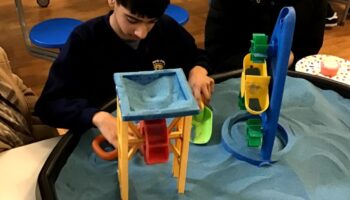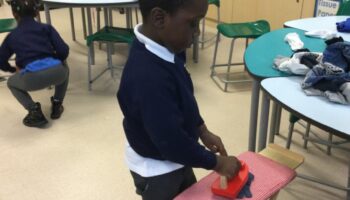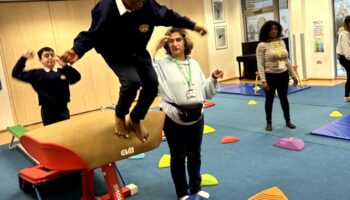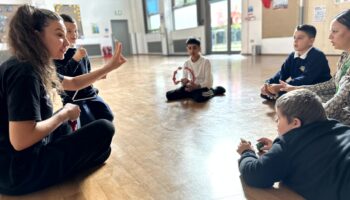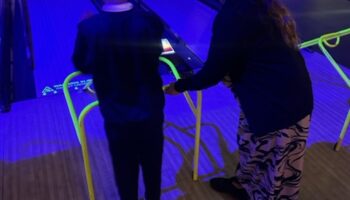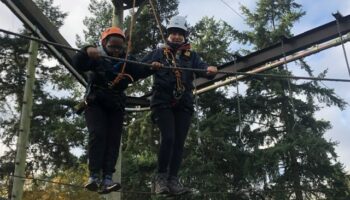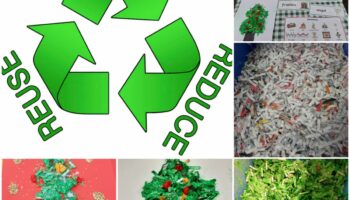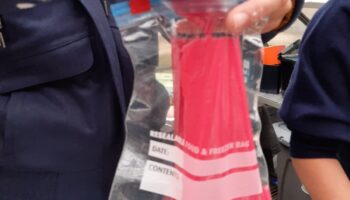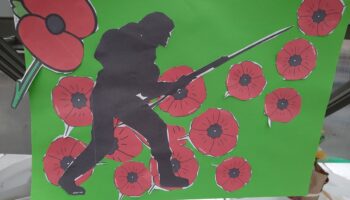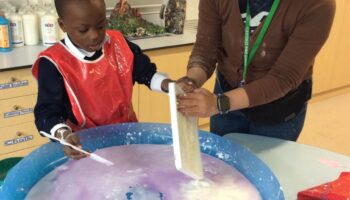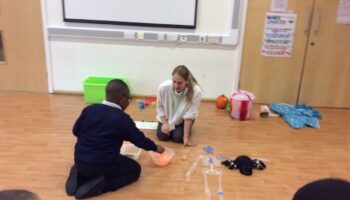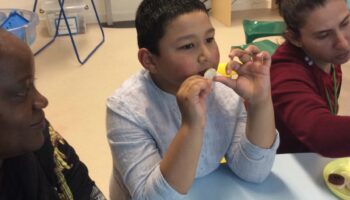Keir Hardie is situated at the heart of a vibrant, diverse and rapidly changing community. This presents us with both opportunities and challenges. It is our aim to provide a high-quality education to all of our pupils, whatever their ability, needs, race, home language or religion. To do this we identify and address barriers to learning and participation, thereby ensuring equality of access to all the school has to offer.
We recognise that our pupils:
- Learn in different ways and at different rates.
- Require different strategies for learning.
- Bring to school their own home background and experiences.
- Need to feel safe, secure and happy in order to make the most of learning experiences.
We respond to these needs by:
- Quality first teaching for all pupils across the curriculum
- Planning learning activities to engage pupils with different learning styles.
- Providing support for children who do not make progress in line with national expectations.
- Identifying pupils with Special Educational Needs and providing resources, support and interventions to help them learn, in partnership with specialist agencies.
- Ensuring equal access for pupils with disabilities via an Accessibility Action Plan.
- Teaching children to manage their behaviour and take part in learning effectively and safely.
- Supporting individuals to manage their emotional needs such as stress, anger or bereavement.

The SEND Code of Practice
The SEND Code of Practice became statutory in September 2014. It gives guidance to schools and other bodies on duties, policies and procedures relating to Part 3 of the Children and Families Act 2014. It relates to children and young people with special educational needs (SEN) and disabled children and young people.
Definition of Special Educational Needs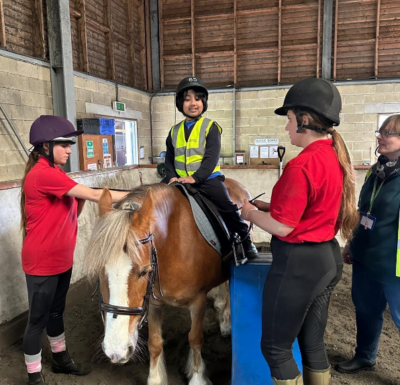
Children have special educational needs if they have:
- a significantly greater difficulty in learning than the majority of children of the same age; or
- a disability which prevents or hinders them from making use of educational facilities of a kind generally provided for children of the same age in schools within the area of the local education authority.
Definition of a disability
A child is disabled if he/she is blind, deaf or dumb or suffers from a mental disorder of any kind or is substantially and permanently handicapped by illness, injury or congenital deformity or such other disability as may be presented.
Categories of SEN
The SEND Code of Practice outlines the four areas of difficulty which identify a child as having a special need. These difficulties may occur singly, or in combination
The four areas are:
- Communication and interaction (includes Autism and Asperger’s Syndrome).
- Cognition and learning.
- Social, emotional and mental health (includes behavioural difficulties and ADHD).
- Sensory and/or physical needs.
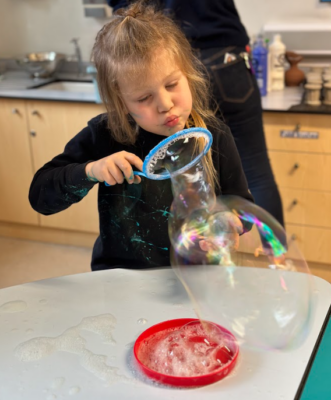 |
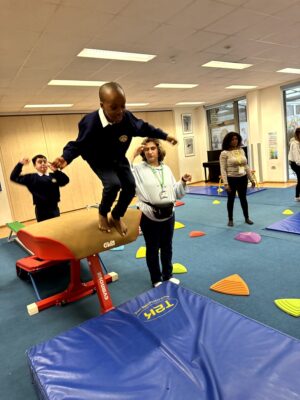 |
Inclusion Quality Mark
The school has been awarded the Inclusion Quality Mark, and after the most recent review in March 2022, we have now been awarded the flagship school status

“Keir Hardie school is a very welcoming and inclusive school that works tirelessly to ensure that all pupils achieve well and enjoy their learning. The inclusive vision was ever present throughout the day, even evident in the organisation of the visit as pupils were given the opportunity to speak, in collaboration with school staff, about each of the previous year’s targets and give their opinion on the school’s progress. The focus on inclusion starts from 0-3 years in the Children’s Centre, which starts the Keir Hardie journey for families.
The Senior Leadership Team are passionate about Inclusion and put it at the forefront of all policies and decisions. The Headteacher, Deputy and Assistant Heads are a strong, cohesive, hard-working team, who lead by example.
Behaviour for learning is exemplary. All pupils who spoke to the assessor were polite and eager to explain their views of their school and why it is so special. A group spoke about their roles as Prefects, School Council members, School Champions and Lunchtime Helpers. They were articulate, speaking with pride about their school and the importance of their leadership roles. They reflected on how much they enjoy assemblies, where adhering to the MAGIC rules and gaining a certificate means that you can choose a special reward.”
Access the full report summary
Our Inclusion Team
Waves of Intervention
Links

